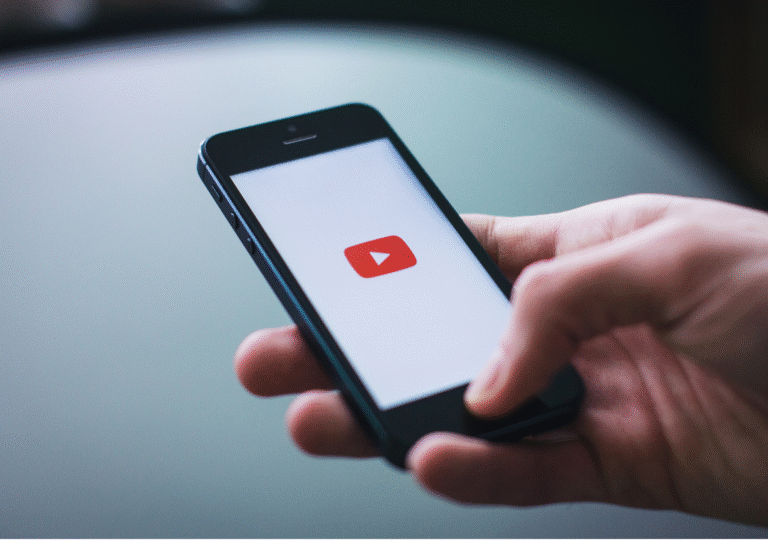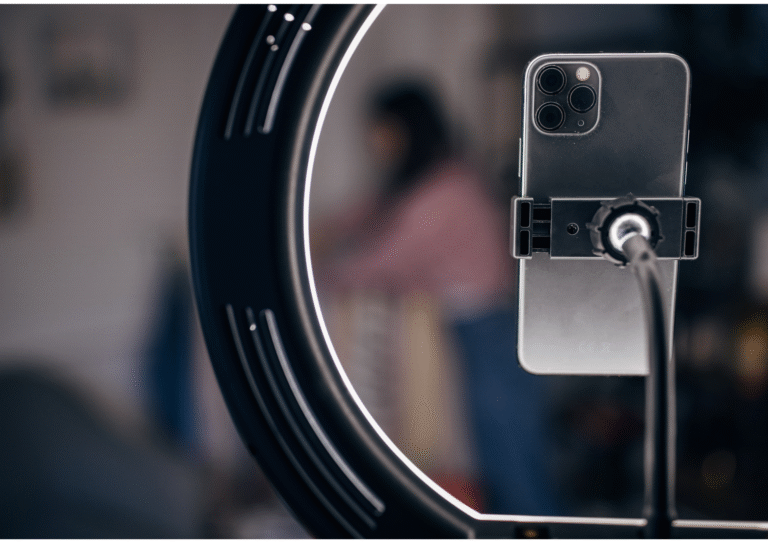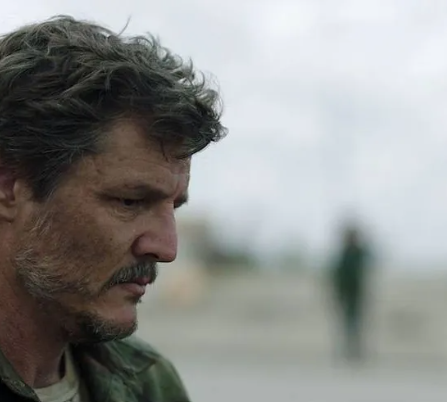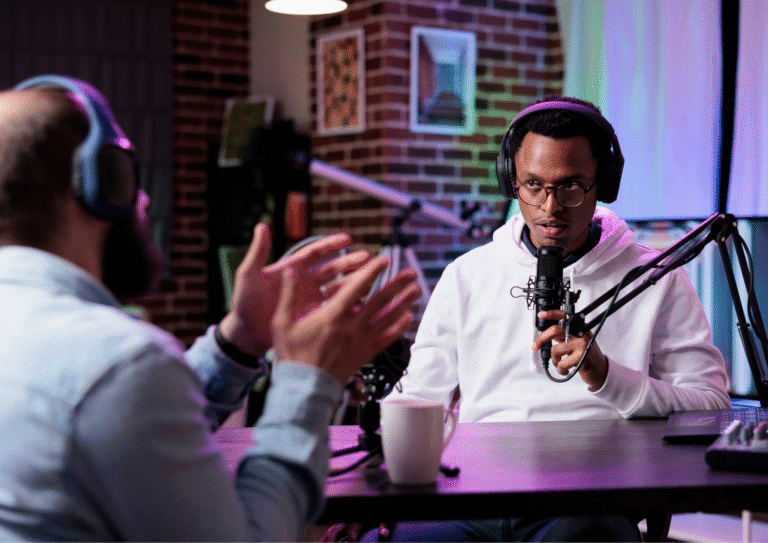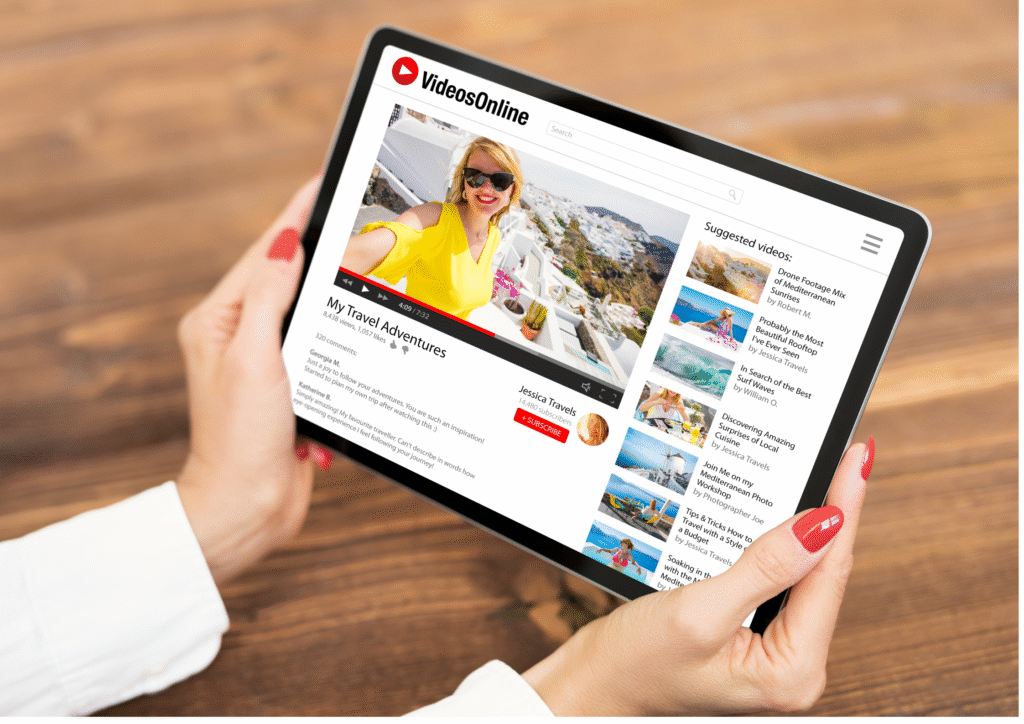
Explore why parasocial relationships, feeling like you know a YouTuber, are reshaping mental health, identity, and belonging amid cancel culture, VTuber trends, and creator burnout. This thoughtful essay weaves in research, personal moments, and cultural snapshots to show how these one-way bonds affect our lives.
Have you ever laughed at a YouTuber’s private joke, felt comforted by their bedtime rambling, even cried with them-yet they’ve never met you? That warm, fuzzy feeling from a one-way relationship is called a parasocial bond, and it matters more than we think. These connections can feel deeper than many real friendships, influencing what you believe, how you act, and how connected you feel in a disconnected world.
That feeling isn’t just in your head, it’s backed by real data. A recent study surveying people across the UK and US found that 52 percent reported a strong emotional attachment to a YouTube creator, and 36 percent said they “feel close” to someone they’ve never met Google Scholar+4The JSMS+4arXiv+4. For many, tuning into a favorite channel today is like reconnecting with an old friend, minus the small talk and possible drama.
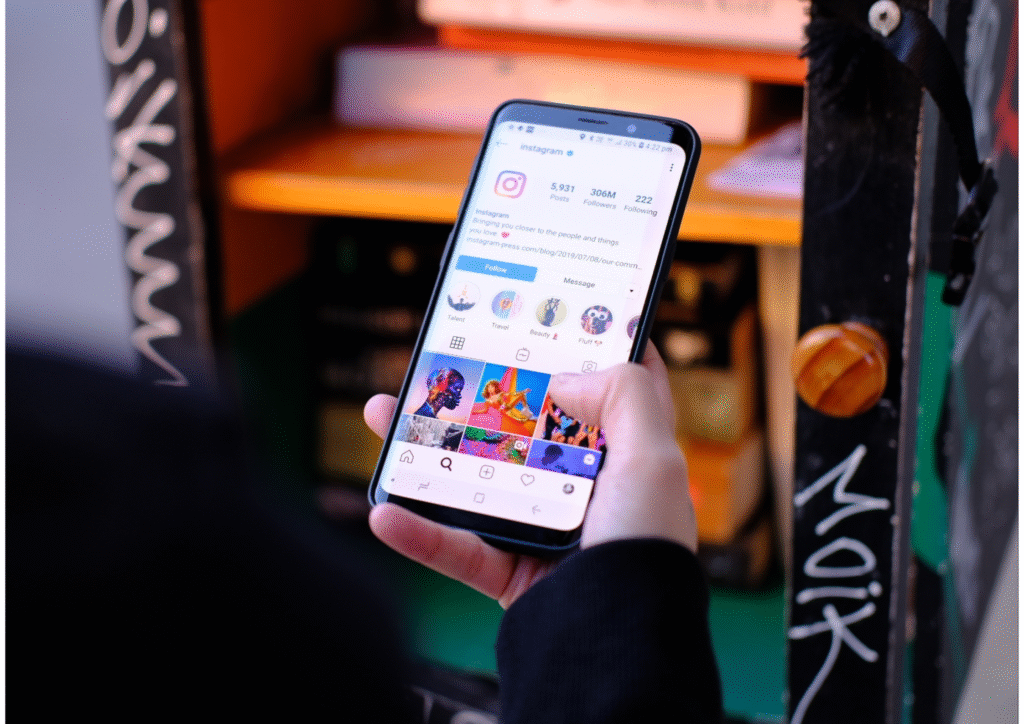
What makes parasocial bonds powerful is how frequently and personally creators share their lives. That virtual intimacy matters. A 2024 study by researchers at the University of Louisiana surveyed 424 viewers and showed that parasocial relationships with lifestyle YouTubers led to a noticeable boost in self‑efficacy—the belief that you can make positive changes in your own life The JSMS+3ResearchGate+3Academia+3. Additionally, a 2022 Scientific Reports paper confirmed mental-health vloggers help reduce stigma and shame around personal struggles, at least for a week after their videos . In other words, feeling close to someone online can genuinely lift your mood and mental outlook.
Those findings hit home for me in a small but meaningful way. One late night I watched an ASMR artist whisper into a microphone in a quiet video. I couldn’t stop myself—I whispered back, “Thanks, Lizzy.” It felt silly, but deeply comforting in that moment. Even though she didn’t hear me, I felt heard. That’s the emotional magic of parasocial bonds.
They’re not all rosy, though. On one side, they offer emotional comfort with zero obligation. You can log off anytime and come back later. But that convenience comes at a cost. These are one-way roads, and they can’t sustain the give-and-take of real relationships. Wired recently highlighted that relying too heavily on parasocial bonds can replace richer social ties—or lead to hurt when creators withdraw arXiv.
We see this play out in trending stories too. In June 2025, a fan thread about YouTuber and streamer IShowSpeed’s relationship went viral, amassing over 11 million views on X YouTube+9Sportskeeda+9The Times of India+9. The fan poured out imagined intimacy, but Speed—feeling uncomfortable—blocked them. It left fans hurt, showing how quick and painful a parasocial bond can break. It’s like having a best friend disappear online and not knowing why.
And it gets more complex with VTubers—the animated creators who blur fantasy and real identity. A 2025 study on English-speaking VTuber fans found viewers grieve avatar retirements as they would human loss The Times of IndiaarXiv. People create real emotional responses to digital characters, even though the face behind the avatar is a stranger. That says a lot about human psychology in the digital age.
So are parasocial bonds good or bad? The answer is: yes and yes—depending on how we handle them. They bring companionship, positive habits, and a sense of solidarity. But if we start using them to avoid real-world connection, or feel abandoned when creators post less or change, that’s problematic.
Here’s a guide to navigating parasocial bonds wisely:
- Enjoy them for what they are—comfort, inspiration, entertainment.
- Remember they’re one-directional—it’s okay to feel close without obligation.
- Balance online bonds with two-way friendships that respond and grow.
- Channel that connection—join fan communities, start a book club, volunteer, or support a creator’s charity of choice.
When we do that, parasocial relationships become more like sugar, enjoyable, useful, but not a complete diet. We uplift ourselves without replacing the real deal.
This explainer on parasocial relationships shows why connecting with a YouTuber can boost confidence, reduce loneliness, and inspire positive action.
To sum up, parasocial bonds might seem simple, but they shape how we feel, how we cope, and how we connect in today’s world. They’re real emotional experiences, just keep them in perspective. Treat them like supporting characters in your life story, not the main act.
Sources
- K. Chauvin et al., “I Learned It From Watching YOU! Parasocial Relationships with YouTubers and Self‑Efficacy,” Journal of Social Media in Society (2024) YouTubeWikipedia+10ResearchGate+10Academia+10.
- T. Hoppen et al., “Parasocial relationships on YouTube reduce prejudice towards mental health issues,” Scientific Reports (2022) .
- N. Liebers & H. Schramm, “Parasocial interaction and relationships,” Communication Research Trends (2019) ResearchGate+2Wikipedia+2Academia+2.
- “IShowSpeed blocks fan after ‘parasocial’ thread…” Times of India, June 30 2025 YouTube+9Sportskeeda+9The Times of India+9.
- Ken Jen Lee et al., “Public Parasocial Grieving and Coping Towards VTuber Graduation,” arXiv (2025) arXiv.

